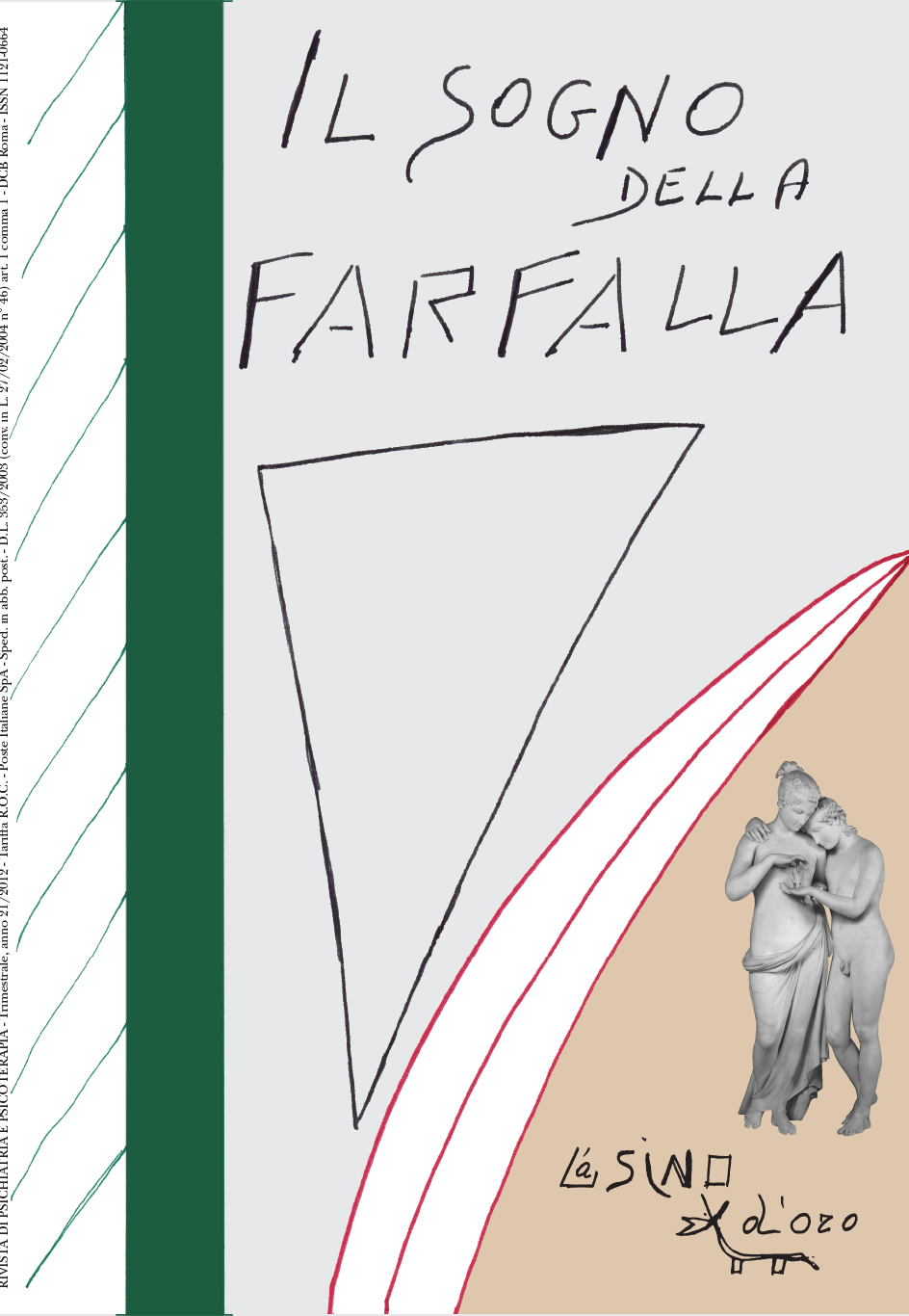L’autolesionismo nell’istituzione penitenziaria: una prassi integrata tra psicoterapia e farmaciSelf-harm in penitentiary institutions. An integrative pharmacological and psychotherapeutic treatment
Abstract
Self-harm is a widely diffused phenomenon in jails. The OMS estimated that the frequency of these events could be attributed to environmental internal and external factors and to detainees’ psychic fragile state. According to the author’s theoretical framework, this fragility is related to a lack of affectivity which leads to the inability to experience sensations and emotions. For this reason, committing self-harm represents in these patients the only way to “feel their own sensibility”. The psychiatrist Massimo Fagioli theorized that this lack of affectivity derives from a human unconscious dynamic defined as the annulment pulsion. Current standards indicate both pharmacology and psychotherapy for the treatment of self-harm. In this article, in the context of a clinical case scenario, the authors describe an integrative psychotherapeutic and pharmacological treatment of a patient followed in the Regina Coeli’s Correctional Facility, in Rome. Jails are usually closed and rigid institutions where it is hard to bring together the idea of cure and conviction. However, it has been observed that regular psychotherapeutic sessions have led both to the regression of the symptoms and to the reappearance of a psychic sensibility. The author concluded that psychotherapy based on Fagioli’s theory and practice, could potentially be considered as a tool to treat other pathologies in the context of penitentiary institutions.


